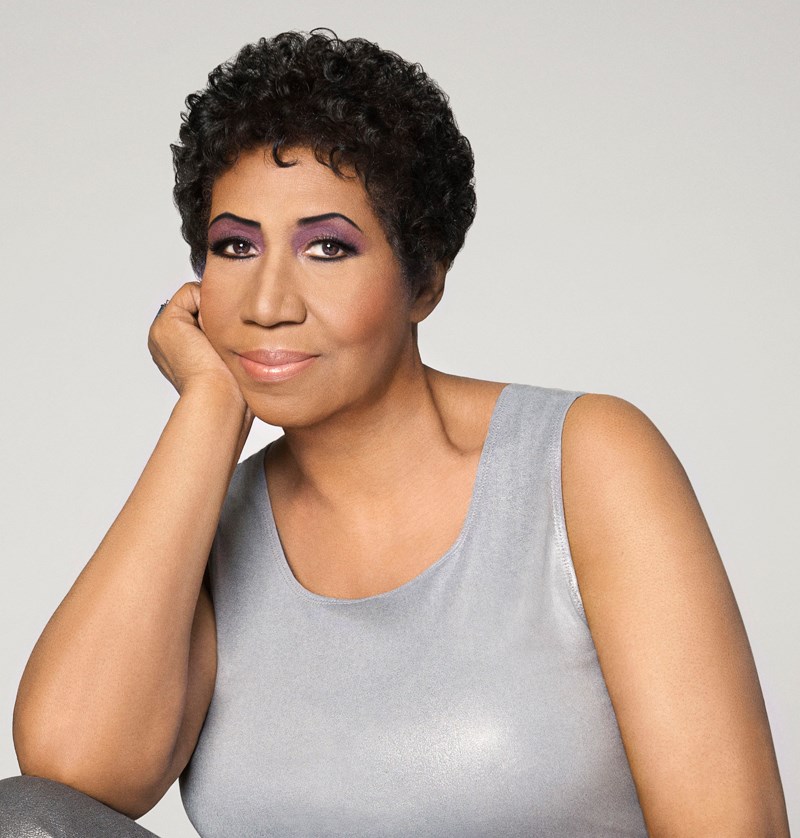
Known by millions as the Queen of Soul, Aretha Franklin passed away at her Michigan home on Thursday, August 16. She was 76.
Franklin was raised in the Baptist Church, and began singing gospel at a young age. By the time she was 18 she landed a contract with Columbia Records, but it wasn’t until she signed with Atlantic in 1967 that her career skyrocketed.
After over half a century in the spotlight, Franklin earned 18 Grammy awards, sold over 75 million records and charted 17 top ten pop singles on the Billboard charts.
Her greatest work could be found in tracks like “Chain of Fools,” “Say A Little Prayer,” “Respect” and many many more. Her voice soundtracked generations of pop, R&B and soul music, and many have championed her as the best singer of all time.
Even in her forays into film, her scene-stealing performance of “Think” in The Blues Brothers remains as electrifying as ever.
In her later years, Franklin remained in the spotlight, singing “America” at the inauguration of President Barack Obama in January 2009, and earning an honorary doctorate from Harvard University in 2014.
When Carole King was honored at the Kennedy Center in 2015, Franklin took the stage to sing “(You Make Me Feel) Like A Natural Woman,” a track that King wrote and Franklin famously covered in 1967. During Franklin’s performance, the room stopped and time stood still. From the balcony, President Obama wiped a tear from his cheek.
“American history wells up when Aretha sings”, Obama later told The New Yorker. “Nobody embodies more fully the connection between the African-American spiritual, the blues, R&B, rock and roll–the way that hardship and sorrow were transformed into something full of beauty and vitality and hope.”
And while Franklin’s health began to wane in the last few years (she cancelled a headlining spot at the New Orleans Jazz and Heritage Festival in January 2018), her music and her voice has endured.
In her own words, she saw music as a continuation of the human spirit. “Music does a lot of things for a lot of people,” she told CBC in 2014. “It’s transporting, for sure. It can take you right back, years back, to the very moment certain things happened in your life. It’s uplifting, it’s encouraging, it’s strengthening.”


No Comments comments associated with this post